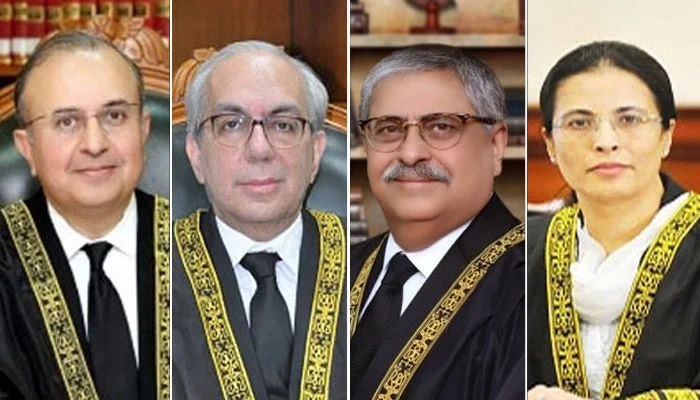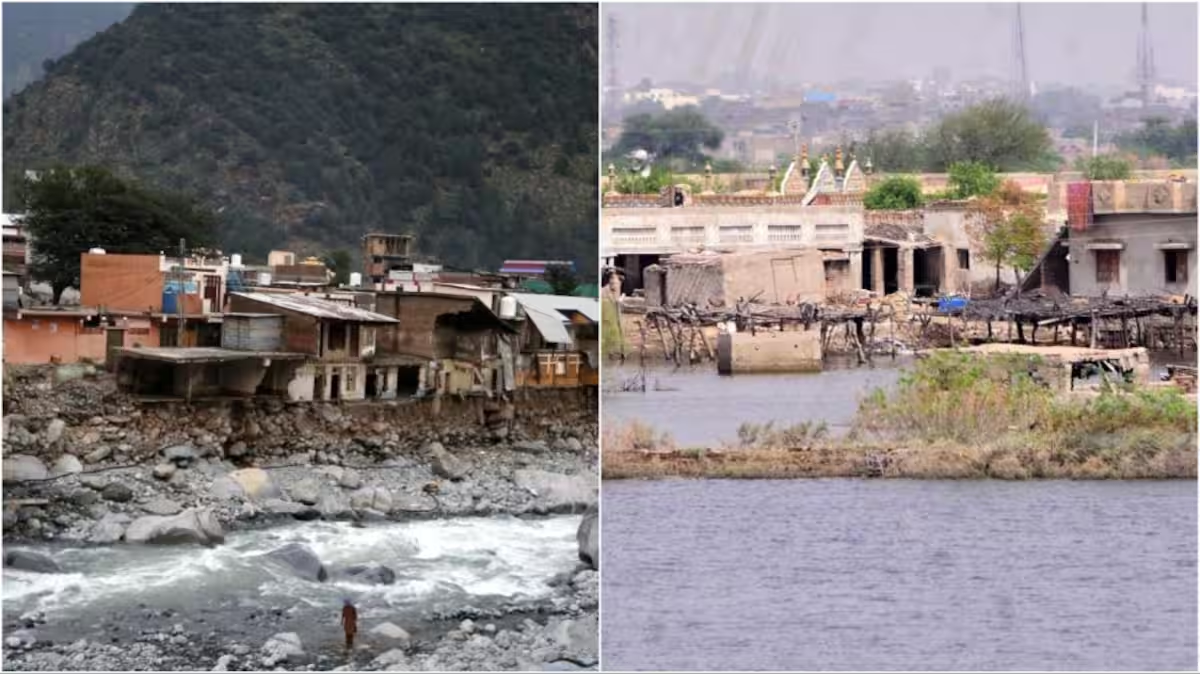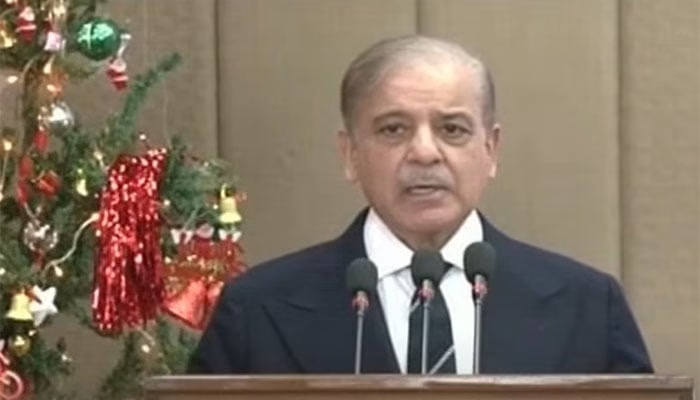In a significant development, four Supreme Court (SC) judges, including senior puisne judge Justice Syed Mansoor Ali Shah, have formally requested Chief Justice of Pakistan (CJP) Yahya Afridi to defer new appointments at the apex court until the adjudication of legal challenges to the Constitution (26th Amendment) Act, 2024.
Judges Advocate Postponement of Appointments
In a letter addressed to the CJP, Justices Syed Mansoor Ali Shah, Munib Akhtar, Ayesha A. Malik, and Athar Minallah urged that the Judicial Commission of Pakistan (JCP) postpone its scheduled meeting and the appointment of eight new Supreme Court judges. The judges emphasized that appointments should not proceed until the constitutional challenge to the 26th Amendment is resolved.
The scheduled meeting and the appointment of the eight new Judges to the SC by the Judicial Commission of Pakistan (JCP) be postponed till the challenge to the 26th Constitutional Amendment is decided one way or the other, the letter read.
The JCP had initially scheduled its meeting for February 11 but later rescheduled it to February 10 at 2:00 PM. This meeting aims to consider filling the eight vacant Supreme Court seats and discuss the elevation of high court chief justices to the top court. However, the Lahore High Court Bar Association (LHCA) and other stakeholders have sought a postponement of the meeting, citing unresolved legal matters.
Bar Associations Oppose Judicial Transfers
Meanwhile, controversy surrounds recent judicial transfers to the Islamabad High Court (IHC). Earlier this month, President Asif Ali Zardari approved the transfer of one judge each from the Lahore High Court (LHC), Sindh High Court (SHC), and Balochistan High Court (BHC) to the IHC. These transfers have sparked concerns over judicial independence and seniority rankings.
Legal experts and representative bar councils, including the Islamabad Bar Council (IBC), Islamabad High Court Bar Association (IHCBA), and Islamabad District Bar Association (IDBA), have strongly opposed these transfers. On February 3, these organizations called for a strike, boycotting court proceedings to protest what they termed an attack on the independence of the judiciary.
The bar councils argue that transferring judges from different high courts to the IHC is an attempt to manipulate the composition of the judiciary. Legal observers claim that the move could alter the seniority order and impact the future appointment of the IHC Chief Justice.
Judges Challenge Seniority List Adjustments
Adding to the judicial unrest, five IHC judges submitted a representation to IHC Chief Justice Aamer Farooq and CJP Yahya Afridi on February 4. In their letter, the judges expressed concerns over changes in the seniority list due to the recent transfers. They argued that seniority should be determined based on the date of the new oath and not by previous appointments at other high courts.
The fresh transfers to the IHC have disrupted the seniority list, leading to confusion and unrest among judges, the letter stated.
Legal Experts Weigh In
Legal analysts believe that the current crisis highlights deeper issues within Pakistan’s judicial appointment system. Senior lawyers argue that any changes to judicial seniority or appointments should be made transparently and with broad consultation among stakeholders, including the judiciary and bar associations.
Prominent legal expert Barrister Salman Akram Raja stated, The judiciary’s independence is crucial for upholding the Constitution. Any perceived interference in judicial appointments or seniority adjustments undermines public confidence in the system.
Meanwhile, political analysts suggest that the ongoing judicial controversy could further strain relations between the executive and judiciary. The Supreme Court’s decision on the 26th Constitutional Amendment is likely to have far-reaching implications, affecting not only judicial appointments but also the broader legal framework governing Pakistan’s courts.
The Supreme Court faces mounting pressure from its own judges and the legal community to halt new appointments until key constitutional challenges are settled. With growing concerns over judicial independence, seniority disputes, and procedural transparency, the legal fraternity awaits a resolution that upholds the sanctity of Pakistan’s judicial system. As the JCP meeting approaches, all eyes remain on CJP Yahya Afridi’s response to the request for postponement and the pending constitutional challenges.



